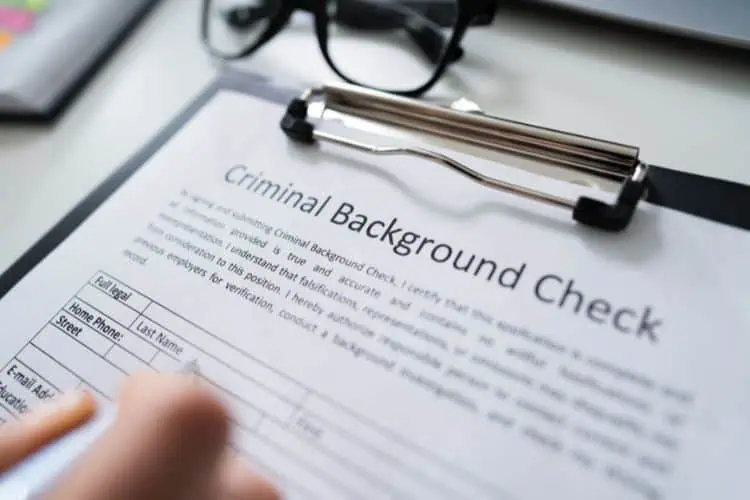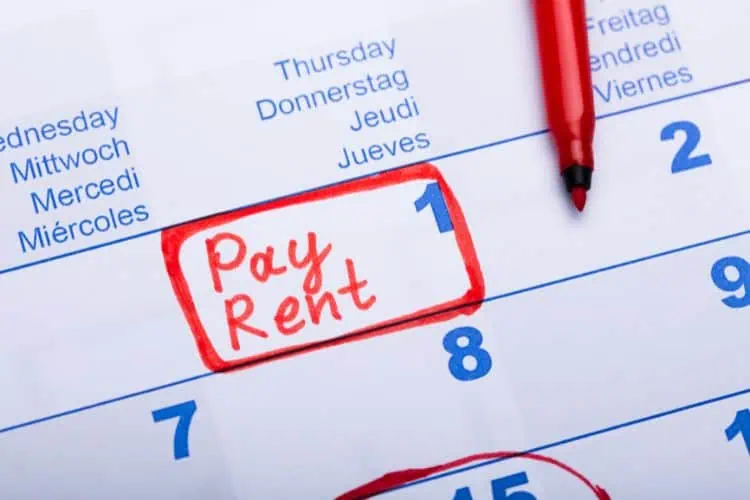When looking for a rental property in Australia, you’ll likely have to go through a tenant screening process. Most landlords and property managers will check your credit report, credit history, references, and background as part of evaluating rental applications.
A common question that comes up is whether these tenant screenings can impact your credit score. The short answer is potentially yes, but the effect is usually quite minor.
In this article, we’ll discuss how tenant screening works, what landlords look for, whether it affects your credit, and tips for minimising any impact on your credit profile.
TL;DR
Tenant screening through credit checks can temporarily lower credit scores slightly when applying for rentals. However, the impact is minor for those with otherwise good credit history.
Paying rent on time builds positive credit, while missed payments hurt scores. With effort, those with poor credit can still find rental housing options.
How Tenant Screening Works in Australia
In Australia’s competitive rental market, landlords and assigned property managers want to find good long-term tenants who will reliably pay the rent on time each month. To do this, they typically run background and reference checks on applicants.
Standard tenant screening includes:
- Credit Report – Provides info on your credit cards, loans, payment history, inquiries, and more.
- Rental History – Details any prior leases, evictions, or property damage. References from previous landlords.
- Employment and Income Verification – Confirming you have a steady income to afford the rent.
- Background Check – Looking for any red flags like bankruptcies, court judgements, or criminal history.
Landlords want to avoid tenants with a history of missed payments, evictions, or property damage. By thoroughly screening applicants, they try to find responsible renters who will pay on time and properly maintain the property.
What Landlords Look For in Tenant Screenings
When reviewing your rental application and screening reports, here are some of the main things landlords and property managers look for:
- Ability to Consistently Pay Rent – They want to see you have income sufficient to cover the rent. Past on-time rent payments suggest you will pay reliably going forward.
- Stable Income/Employment – If you have a stable job and income stream, it indicates you are financially responsible and can make monthly rent.
- Credit History/Scores – While not the only factor, your credit provides insight into how you manage debt and financial obligations.
- Background Check – Prior evictions, bankruptcies, or civil judgements are red flags. The lack of red flags in a background check helps your application.
- References – Positive references from prior landlords can help verify you pay on time and are reasonable to work with.

Do Tenant Screenings Affect Your Credit Score?
The short answer is yes, but only mildly and temporarily for most people. There are a few key points to understand:
- Credit Inquiries – When a landlord does a credit check, it counts as a “hard inquiry” on your credit report. Too many inquiries in a short period can slightly deduct points from your credit score.
- New Accounts – Applying for utilities like electricity and internet in your name creates new accounts on your credit file. This can lower the average age of accounts which impacts credit scores.
- Missed Rent Payments – If you miss or are late paying rent, it can be reported to credit bureaus, damaging your credit profile.
However, the impact of one inquiry is generally minimal, lowering a credit score by only a few points before rebounding.
As long as you have an otherwise positive credit history, the credit check from a standard tenant screening shouldn’t significantly damage your credit score.
How to Minimise the Impact of Tenant Screening on Credit
If you are concerned about the impact on your credit, there are steps you can take to minimise it:
- Only Apply for Apartments Seriously Considered – Limit credit applications to places you are genuinely interested in renting. Don’t apply just to browse options.
- Explain Credit Inquiries – If you have many recent inquiries from other applications, let the landlord know so they understand the context.
- Maintain Low Credit Utilisation – Keep balances low on credit cards and loans before applying. High utilisation hurts credit scores.
- Pay All Bills on Time – Avoid late payments, make sure you’re up to date on existing obligations.
- Check Credit Reports – Review your credit file for errors to correct before applying.
- Monitor Credit Score – Check your score a month after application to see if the inquiry caused any damage.
Importance of Positive Rental History for Credit Profile
Paying rent consistently not only assures landlords you are financially responsible, it directly helps build a positive credit history.
Responsible rent payment gets reported to credit bureaus and can reinforce your creditworthiness. On-time payments are as important as paying credit cards or loans on schedule.
Conversely, evictions, property damage, and unpaid rent sent to collections can negatively impact credit scores. Avoiding these is crucial for maintaining a healthy credit profile.
To build rental history, make sure you:
- Pay rent in full and on-time every month
- Keep property in good condition
- Promptly report maintenance issues
- Get recommendations from landlords

Tips for Renting With Poor Credit History
Many landlords will immediately reject rental applicants with very poor credit scores or prior evictions. But there are still steps you can take to improve your chances:
- Offer a Larger Security Deposit – This provides financial assurance in case of missed payments.
- Provide Proof of Income – Recent pay stubs or bank statements to show you can cover the rent.
- Get References – Landlords often prioritise positive references over credit scores.
- Look for Private Landlords – They may be more flexible than large management companies.
- Explain Past Credit Issues – If you’ve improved your situation, highlight that.
- Offer to Pay More Upfront – Pay a few months’ rent in advance if able.
With effort, those with poor credit can still find rental options. The key is being proactive and addressing any concerns or requirements of landlords.
Wrap-Up
Tenant screening is important for landlords to minimise risk and find responsible, reliable renters who pay on time. While credit checks for rental applications can have a minor impact on credit scores, the effect is generally small and temporary.
As long as you manage credit responsibly, limit new applications, and maintain a positive rental history, tenant screening should not significantly damage your credit profile.
